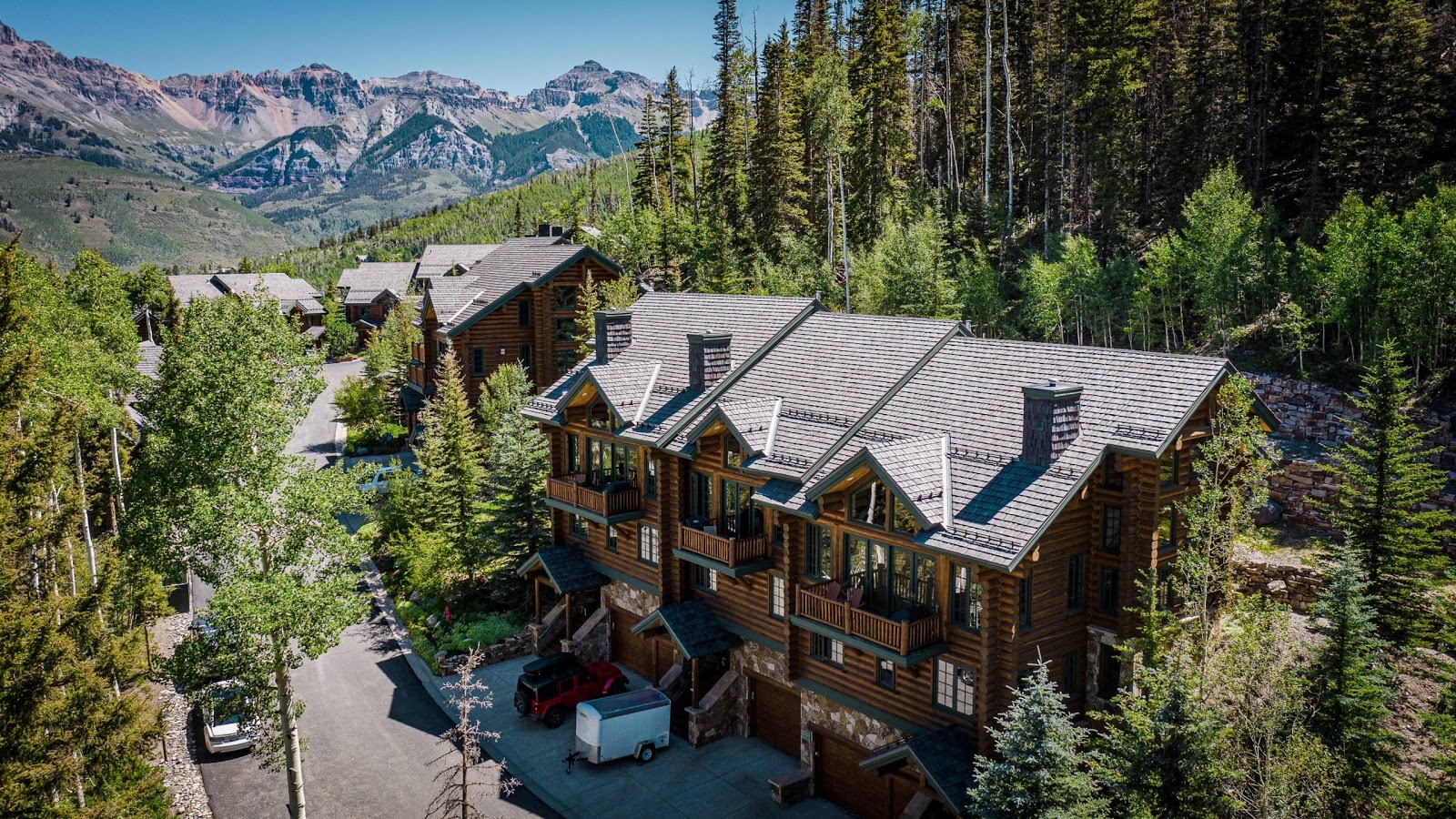
The term “composite shingle” can be misleading.
Some manufacturers call their asphalt shingles composite shingles because they are made up of different materials — fiberglass mats, some type of stone or silica flecking, and asphalt. But the term composite definitely means “more than one item” in the roofing industry. The term generally refers to a plastic or synthetic roof tile that is made up of compressed recycled plastics and other sustainable materials. Therefore, these synthetic roof tiles are a composite tile that is much lighter in weight and more durable compared to the alternative roofing solutions, such as clay tile, natural slate, concrete tiles, and natural cedar shakes.
Synthetic/composite roof shingles serve the same purpose as asphalt shingles, protecting the home from the elements. However, they are not in any sense the same product.
If you want the best value for your dollar in a roofing product, you will need to compare curb appeal, warranty, ease of installation, and normal composite roof life expectancy with each type of roof covering that you are considering.
Every home improvement project requires that you make a choice between quality and cost, and roofing is no different. Money saved by installing a shingle that might need to be replaced in 8-10 years is really no bargain at all.
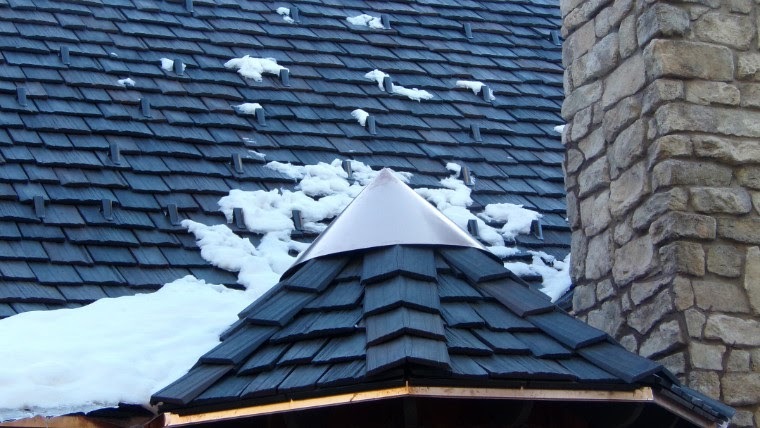
How Long Do Different Roof Materials Last?
Asphalt Roof Shingles
Asphalt roof shingles are typically sold as 20-year, 25-year, and lifetime warranty shingles. Very rarely do they reach the end of their useful life before they are replaced because of damage from the sunlight and other elements.
20-year or 25-year shingles properly cared for may get 15 years of useful life, but if not protected from the elements, the composite shingle roof life expectancy could be as little as 10-12 years.
Just a few years ago the shingle now called a lifetime warranty shingle (still referred to as an architectural shingle) was a 30, 40 or 50-year roof shingle. The construction of the shingle has remained very similar, but what has changed is how the term lifetime is defined in the warranty. On average these shingles end up being replaced many years before their warranty expires. Their popularity has been built upon low price and ease of installation, rather than as a value-added component of the exterior of your home.
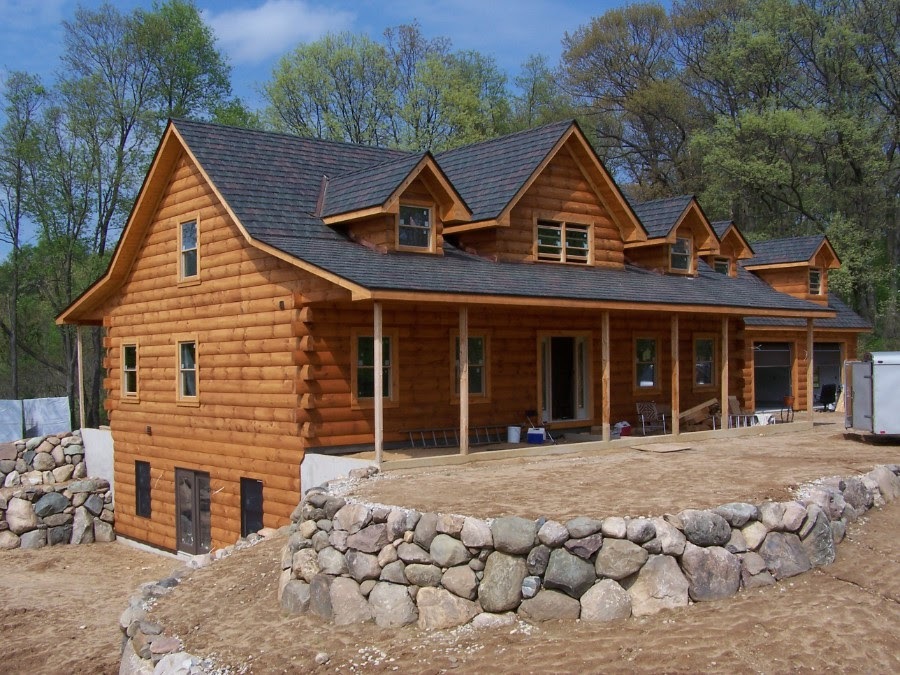
Natural Slate Roof Tiles vs. Composite Slate Tiles
Natural slate roof tiles can last up to 100 years if they receive regular maintenance and are installed properly. Slate is brittle and care needs to be taken when walking on the roof, but it is stone and therefore resilient to the elements, fireproof, has great curb appeal, and adds value to any home.
A natural slate roof is extremely heavy and will require adding additional support to the underlying roof structure to ensure the roof doesn’t fail. It is expensive and requires professionals familiar with the particular needs of installing slate — a skill that is not shared with every roofer — as well as special tools to complete the job. Regular maintenance is also required and IT is not a DIY project. An inexperienced person trying to perform maintenance on a slate roof can cause a great deal of damage as well as risking personal safety. This is another important concern to be considered.
However, a composite slate roof gives your home all of the beauty of natural slate without the need for extra bracing or the expense of a specialty roofing contractor. Composite/synthetic slate roofs are eco-friendly, usually manufactured from recycled materials, helping to reduce the congestion in landfills. The composite shingle life expectancy is around 50 years. Maintenance is minimal and can be performed by the average roofer. Composite slate does not break easily and has great fire ratings and impact ratings.
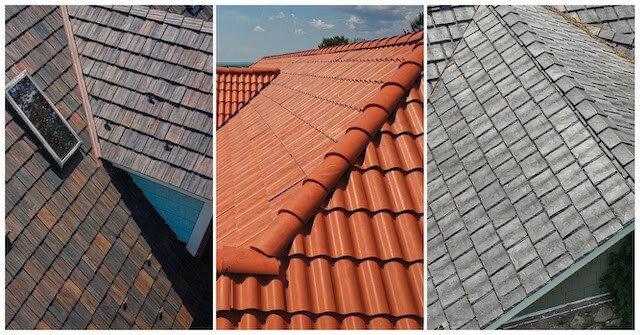
Clay Barrel Roof Tiles vs. Composite Barrel Roof Tiles
A clay tile roof brings to mind a vision of historic Spanish architecture. They are beautiful and have been known to last for more than 100 years if installed properly and have had regular maintenance to keep them in top shape. Part of their appeal is the unique shape of the barrel tile, making it a 3-dimensional element of the exterior of your home. However, as with natural slate tiles, a clay tile roof is extremely heavy and the roof structure must be structurally sound to carry the additional weight.
One of the issues with clay is that it breaks easily. The individuals installing a clay roof and maintaining it need to have considerable experience or they will find they are breaking more tiles than they are working on. Clay tile roofs are also expensive, with costs that can be 2-3 times that of a conventional asphalt roof.
There is a less expensive, easier to install and maintain option that provides the durability of clay without the need for extra support and without sacrificing the elegance of a barrel tile roof: a composite barrel tile roof.
Composite barrel roofing tiles have a life expectancy of about 50 years and require little maintenance to keep them in top shape. They can be installed by most professional roofers and their composition almost eliminates the chance of breaking fragile tiles when walking on them. They are lightweight and recyclable, only needing a trip to the landfill every 50 years instead of every 10-15 as with some asphalt shingles.
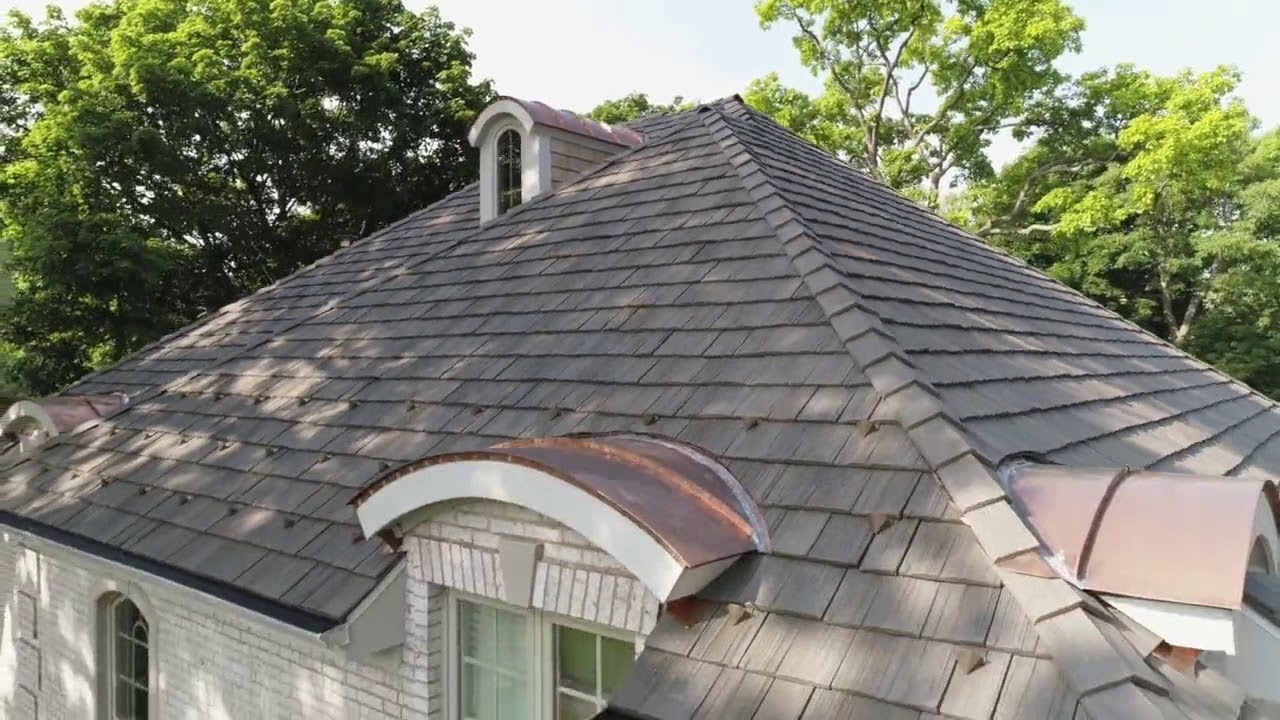
Cedar Shakes vs. Composite Cedar Shakes
A cedar shake roof is known for its rustic texture and durability. Hand-cut cedar shakes are individually produced and when installed properly, remove the symmetry that can make asphalt shingles plain and unexciting. They are not heavy, but they are fragile and need the expertise of a roofing contractor that has experience with cedar shakes. Cedar shakes are expensive and have some drawbacks that need to be considered:
- Some regions will not allow wood shingles even if treated for fire protection.
- They can break easily if hit with a tree limb.
- Mold can be a problem if moisture is allowed to build up leading to costly repairs or replacement.
It is generally agreed that the average life of a well-maintained cedar shake roof is about 30 years. Composite cedar shakes have a life expectancy of approximately 50 years and can be installed by normal roofing professionals. Unlike wood, they are not prohibited in areas of high fire risk, and have the look of individually hand-cut tiles. They won’t break easily, maintenance is required less often, and it can be done without the need of a specialist. They are also manufactured from recycled materials and are eco-friendly for the environment.
The Best Composite Roofing Selection Can Be Found At Brava Roof Tile
Whether you want the rustic look of a cedar shake, the old world charm of slate, or the timeless appeal of clay barrel tiles, Brava Roof Tile offers all three in an eco-friendly, precision-manufactured form. In addition to mimicking the beauty of these roof tiles, Brava offers them all in unlimited colors. Consider these advantages:
- 50 year limited warranty
- Class A fire rating
- Class IV impact rating
- Made from recycled materials
- No need for special installers
- Available across the U.S.
- Designed to work in all climates
Choosing Brava Roof Tile Today
Brava Roof Tile has been manufacturing the highest quality roofing tiles that mimic cedar shake shingles, barrel roof tiles and old world slate for decades, and all of our products have a standard 50-year limited warranty. We offer videos and written installation instructions as well as professional customer service on the phone, including a beautiful photo and video gallery of our projects.
Contact us today to request a tile sample, request a quote, find a contractor, and get your roofing project started.
Getting Inspired? Click Here to order your complimentary Lookbook.
For more homeowner information, please visit the links below:



